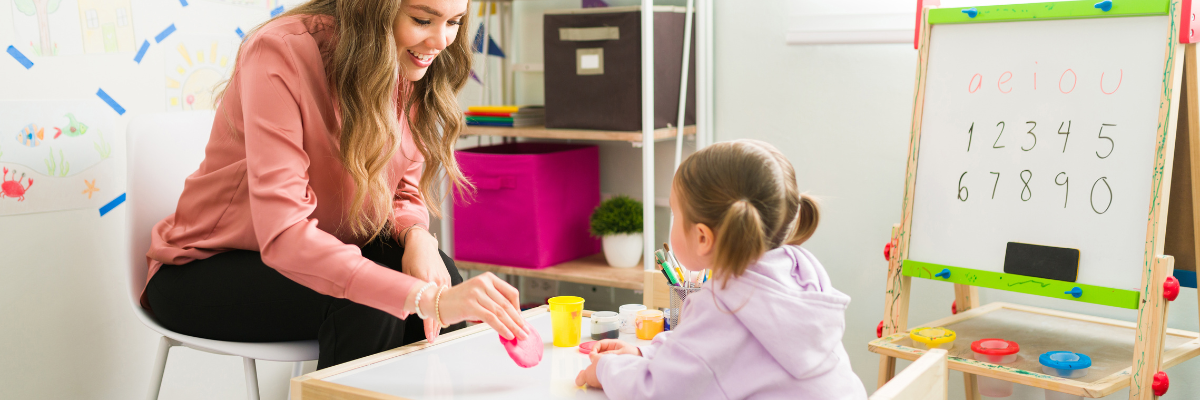Walking and Talking: The Therapeutic Power of Friendship and Movement
In our fast-paced world, it’s easy to overlook the simple joys of connecting with friends. As a therapist, I often emphasize the importance of social interaction for mental well-being, but one method of connection deserves special attention: friendship and movement. This dynamic duo not only strengthens friendships but also offers many mental health benefits that can profoundly enhance our lives.
The Benefits of Movement and Talking with Friendship
- Natural Stress Relief
Walking in nature or even around your neighborhood can help reduce stress levels. The rhythmic motion of walking and fresh air can promote relaxation and clarity. When we walk, our bodies release endorphins, those feel-good hormones that help combat anxiety and lift our moods. Coupled with a conversation, this becomes a powerful tool for stress management. - Enhanced Communication
Walking side by side can ease the pressure that often comes with face-to-face conversations. When we’re in motion, it feels more natural to share thoughts and feelings. This relaxed setting allows for deeper conversations, making it easier to discuss personal challenges or enjoy light-hearted banter. - Improved Mental Clarity
Research suggests that walking boosts creativity and cognitive function. When we’re in motion, our brains often have the freedom to wander, leading to new insights and ideas. Walking often helps improve mental clarity. - Mindfulness in Motion
Walking outdoors encourages mindfulness. The sights and sounds of nature can ground you in the present moment, enhancing your awareness of your surroundings and feelings. This practice can help you and your friend tune into your emotions and support each other in navigating them. - Physical Health Benefits
Let’s not forget the physical advantages! Regular walking is excellent for cardiovascular health, strengthens bones, and can even improve sleep. When we prioritize our physical well-being, we naturally support our mental health. Encouraging friends to join you in this practice promotes a sense of accountability and camaraderie. - Strengthened Bonds
There’s something uniquely bonding about shared experiences in nature or simply strolling down a street together. The act of walking fosters connection—both physically and emotionally. It allows for shared laughter, support during tough times, and a chance to celebrate each other’s victories, big and small.
Tips for Making the Most of Your Walking and Talking Sessions with Friendship
- Choose Your Environment Wisely: Select a location that feels comfortable and inspiring, whether it’s a local park, a scenic trail, or a quiet neighborhood. Nature has a calming effect that enhances conversations.
- Set an Intention: Before you begin your walk, consider discussing what you’d like to discuss. Whether catching up on life or diving into deeper topics, setting an intention can guide your conversation.
- Embrace Silence: Not every moment needs to be filled with conversation. Walking together in silence can also be powerful, allowing for reflection and connection in a different way.
- Make It Regular: Could you consider setting up a walking schedule with friends? Regular meet-ups can strengthen your friendship and create a lasting support system, whether weekly or monthly.
How can Carolina Therapy Connection help?
Walking and talking with friends is more than just a leisurely pastime; it’s a holistic approach to nurturing our mental health and relationships. At CTC, our therapists understand how a multi-faceted approach to therapy can lead to improved and well-rounded mental health. Reach out today to be connected with a therapist who will support you!
Written By: Annalisa Ferguson


